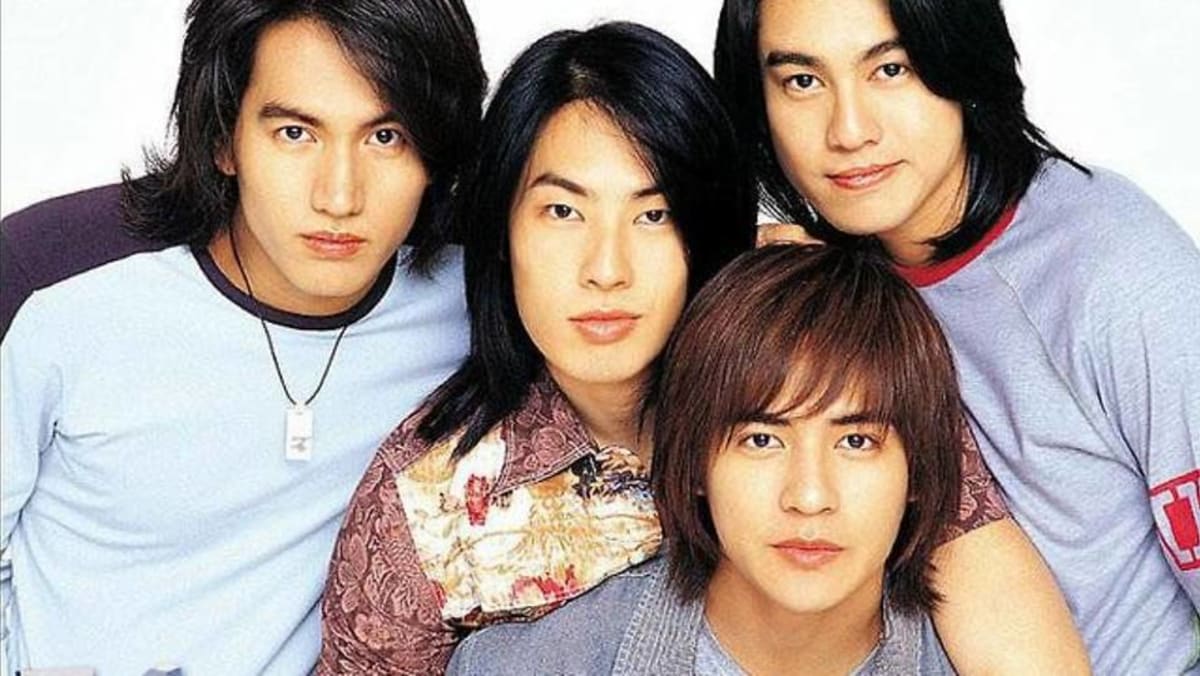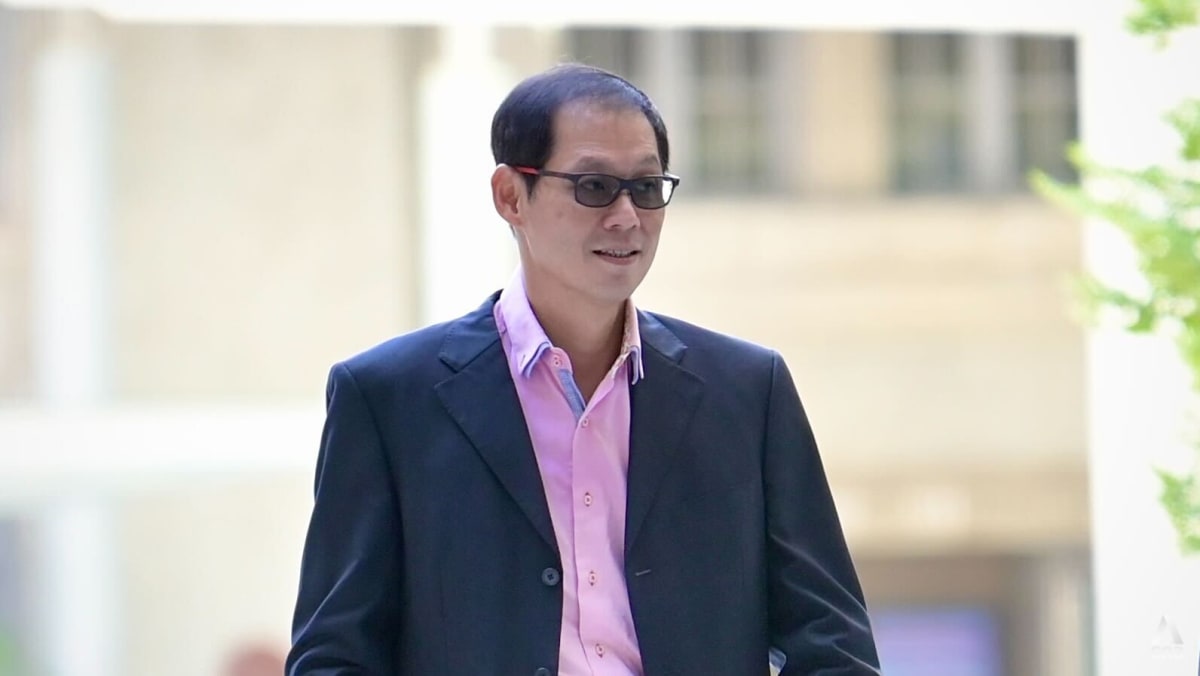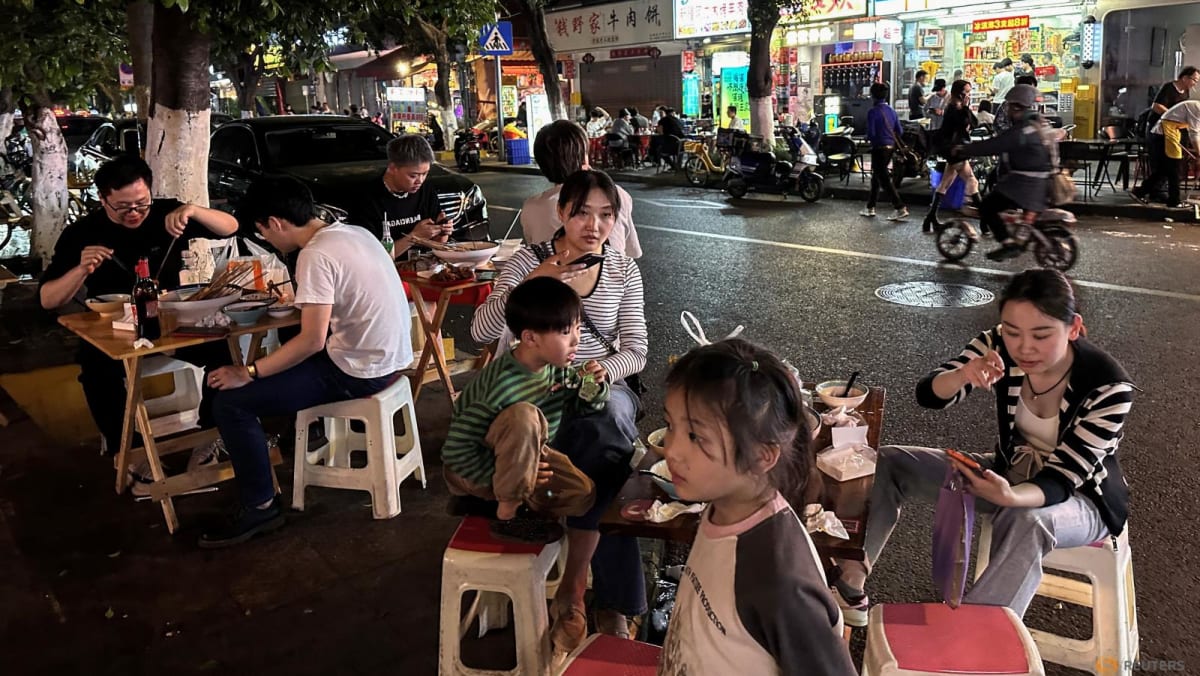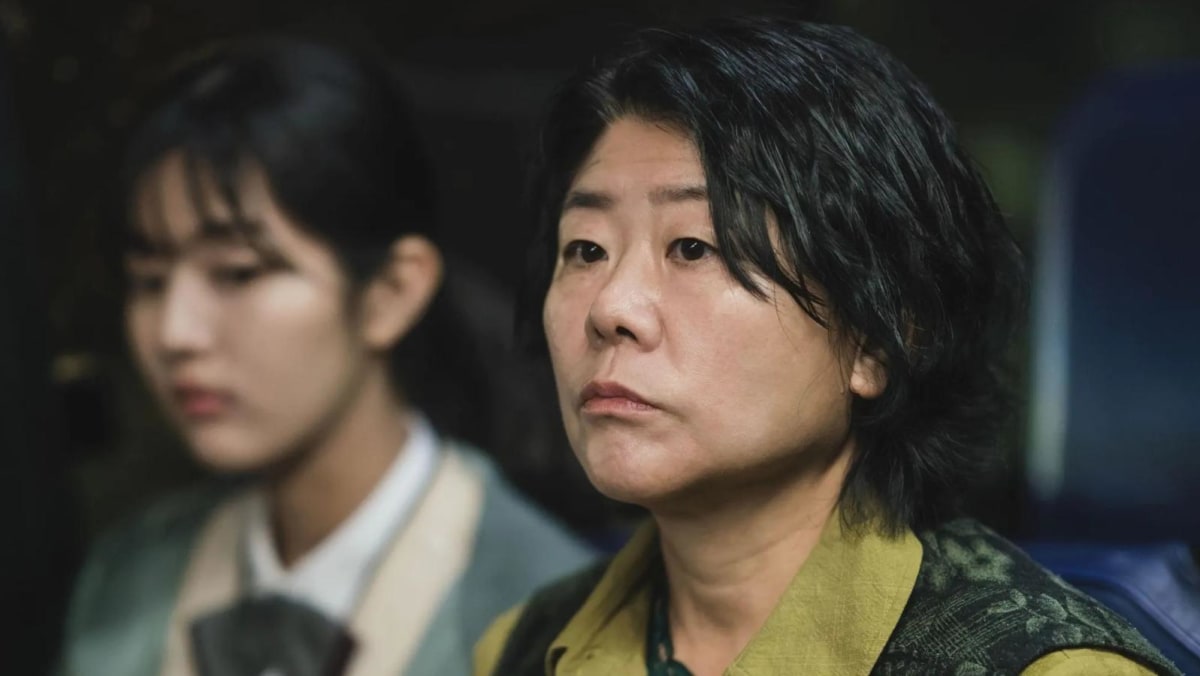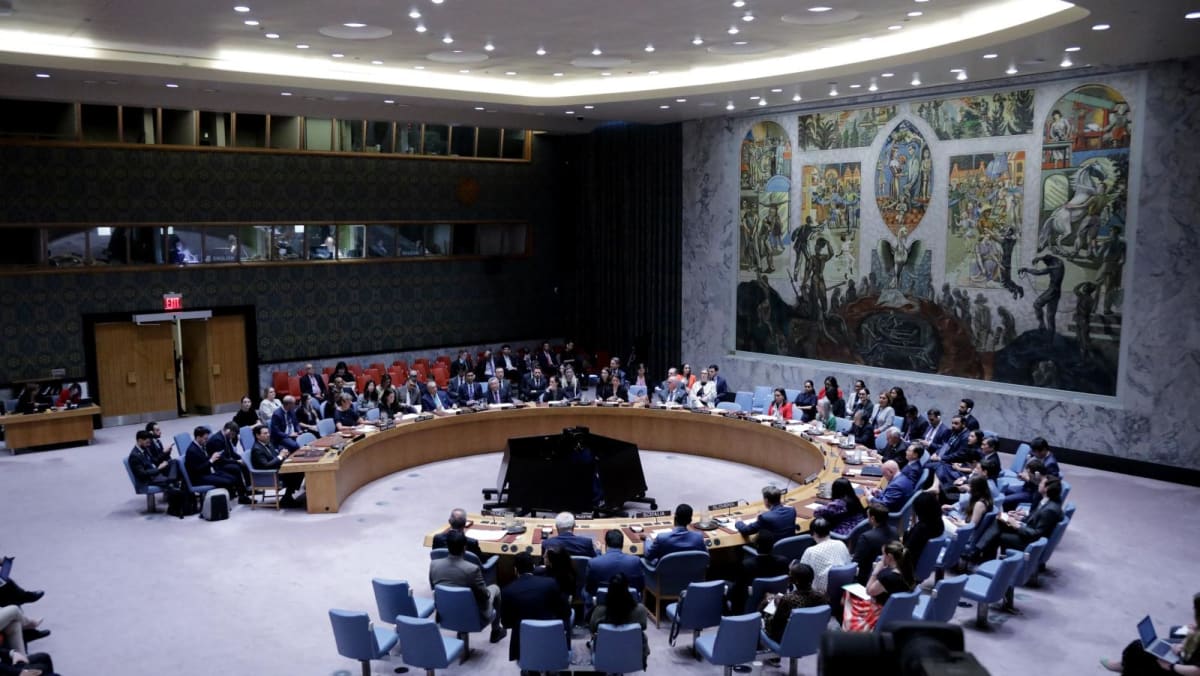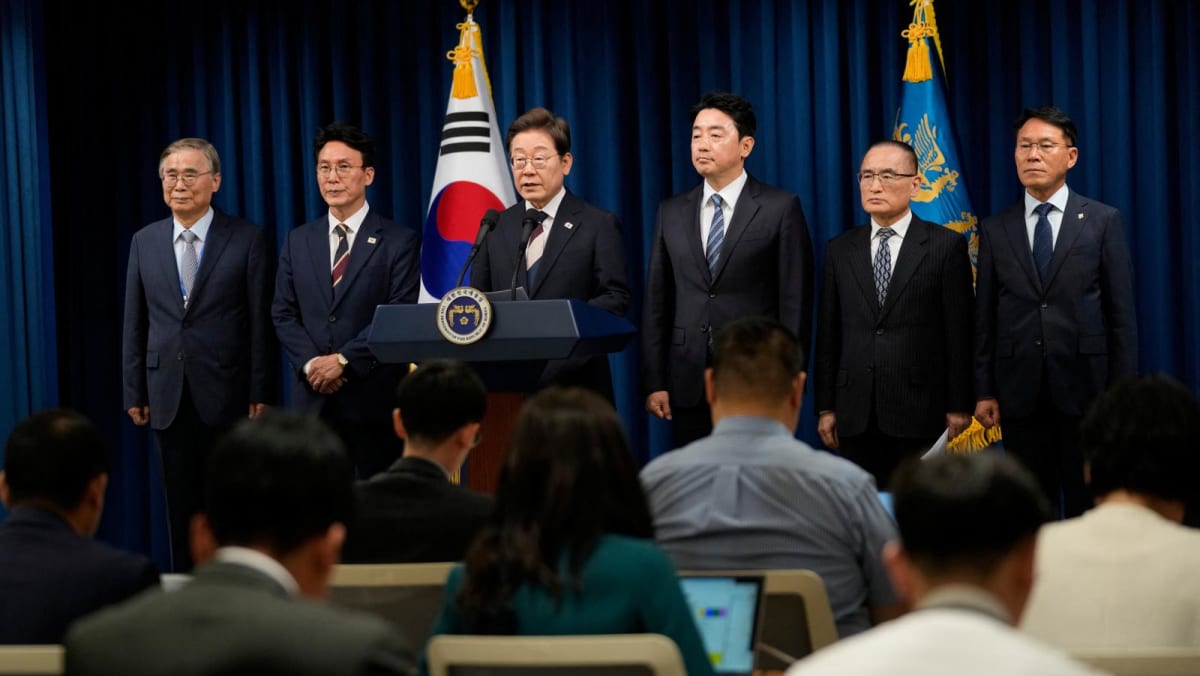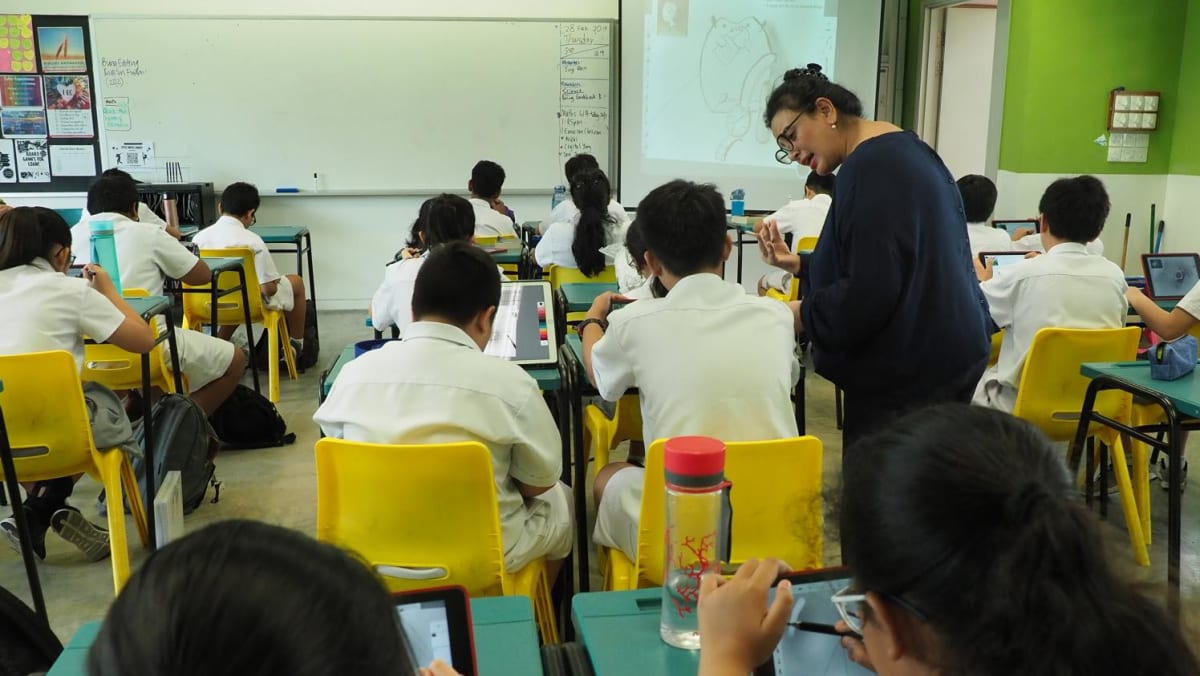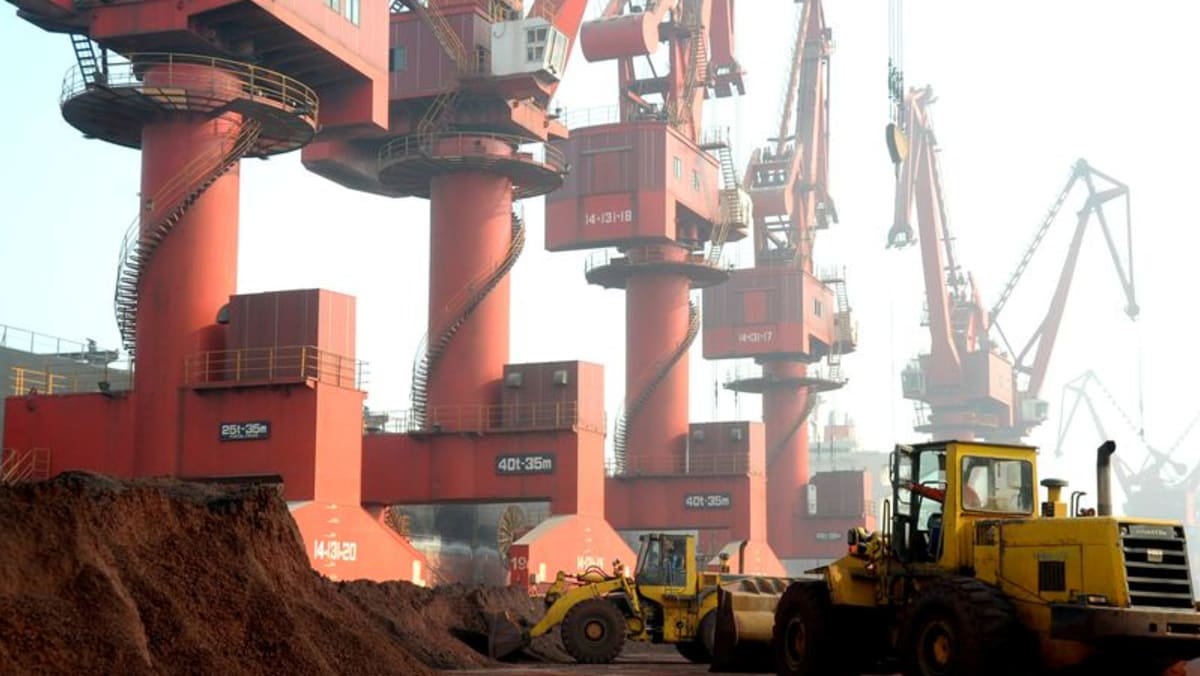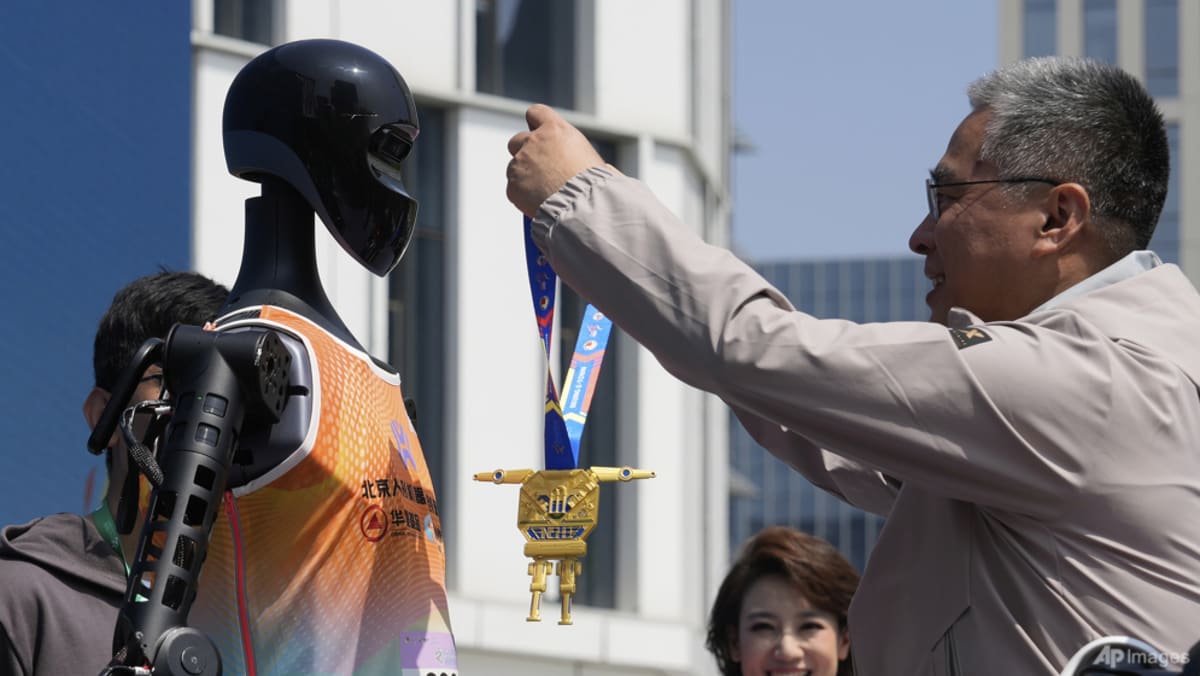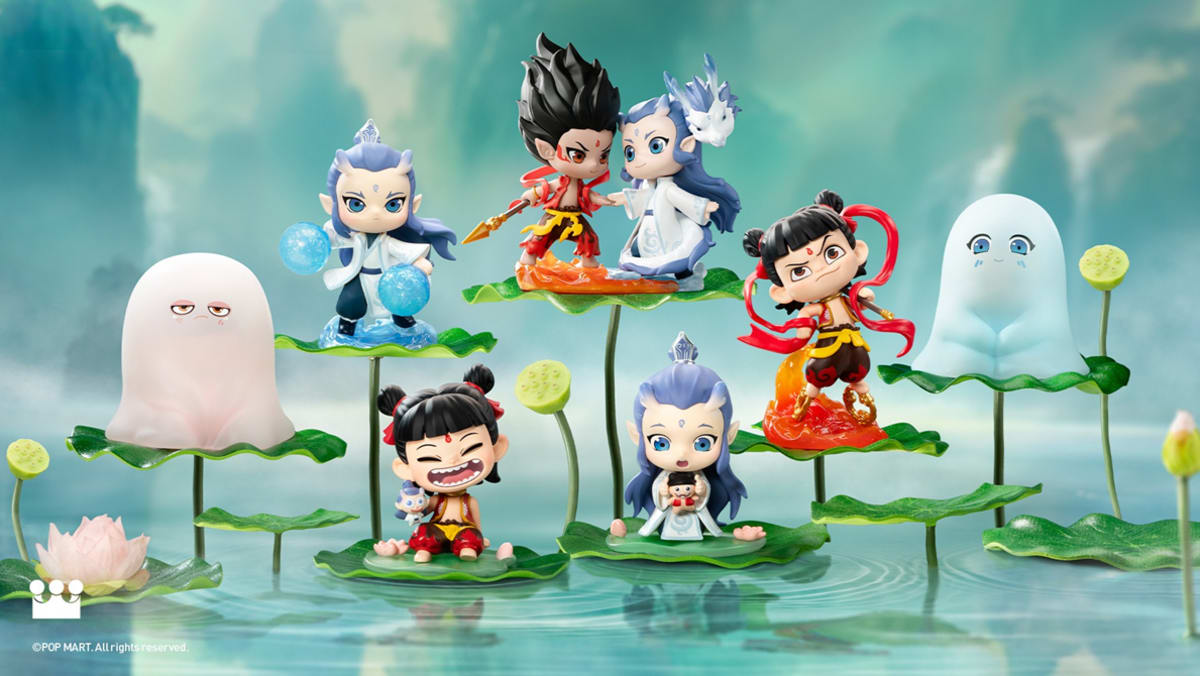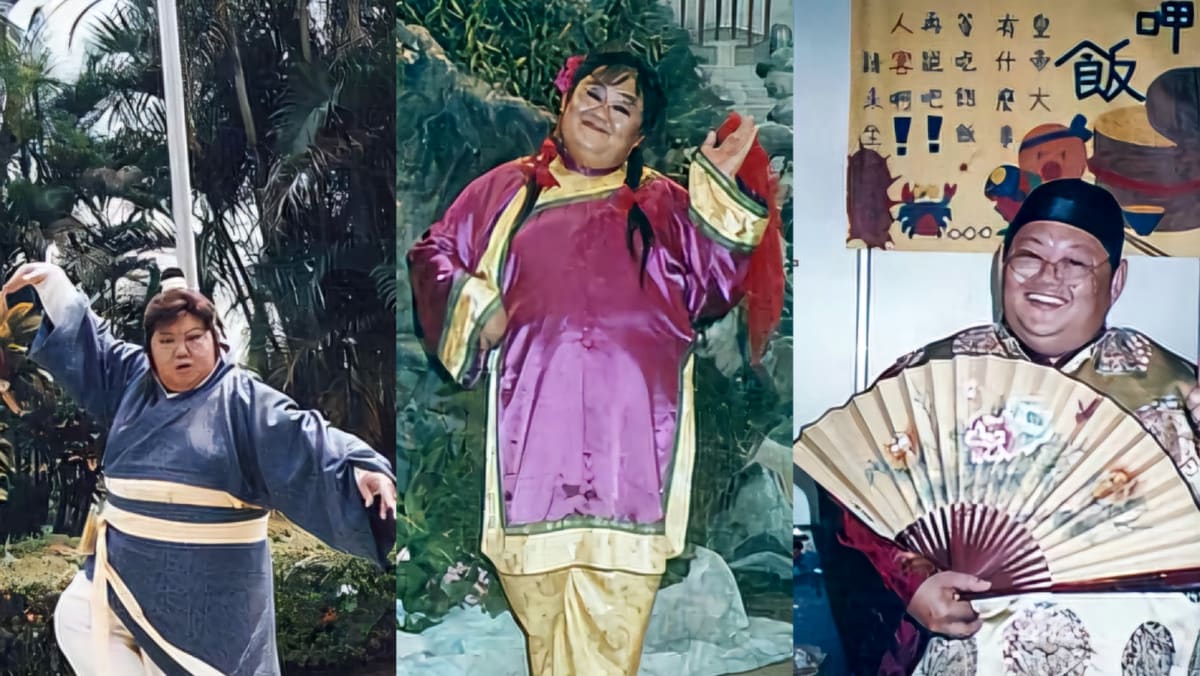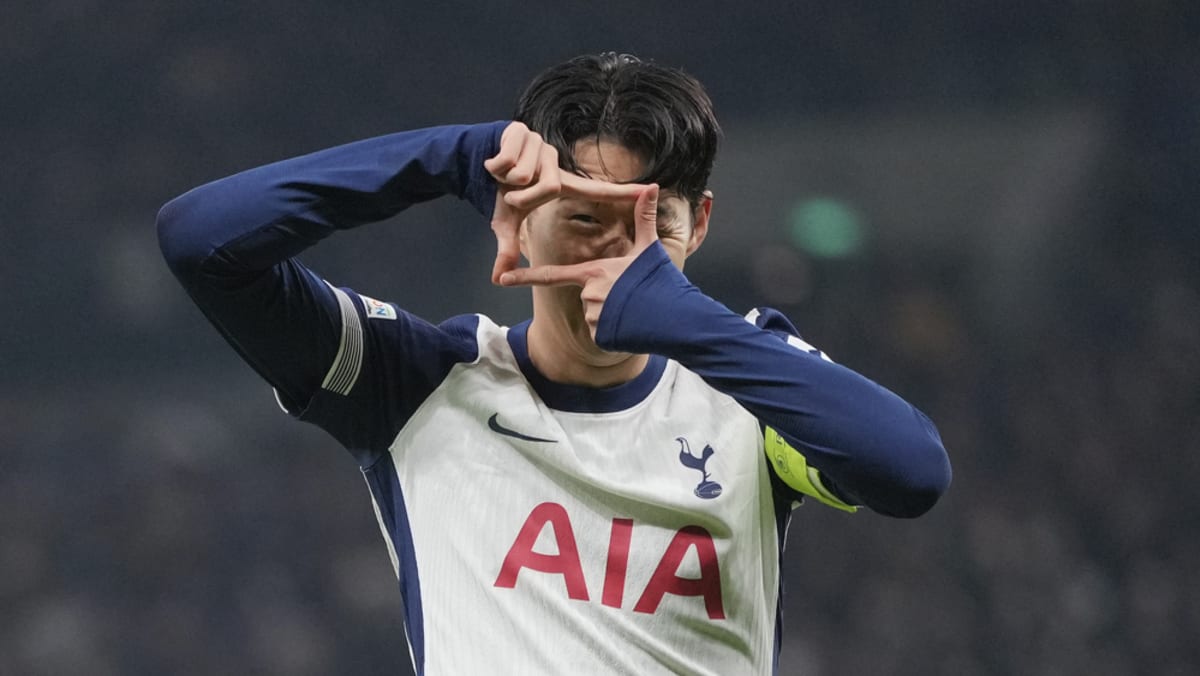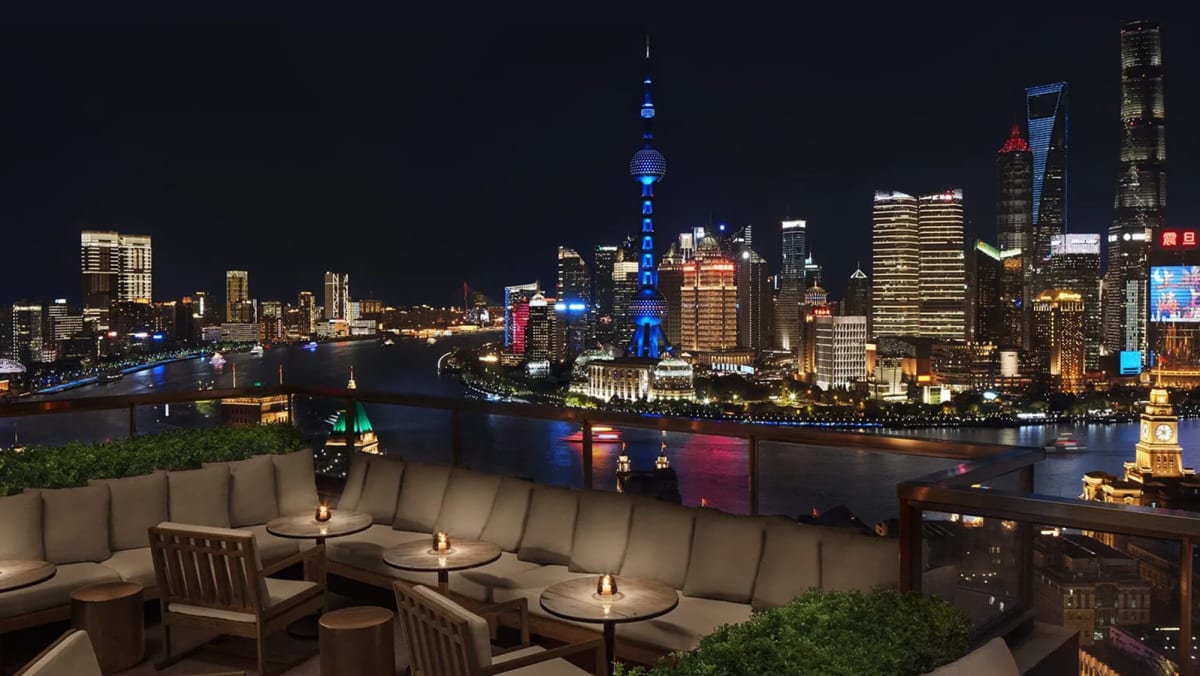BEIJING: If big countries operate on a “might is right” basis, it will severely damage the world order and usher in the law of the jungle, with smaller and weaker countries suffering the brunt, China’s Foreign Minister Wang Yi said on Friday (Mar 7), in a veiled reference to the United States.
“Major powers should shoulder international responsibilities and fulfill their global commitments. They should not be driven solely by self-interest, nor should they bully the weak with their strength,” Wang said in a press conference on the sidelines of the Two Sessions political gatherings.
He was responding to questions on Washington’s exit from international responsibilities and the opportunities it offers China, as well as the threats that the global order is facing now.
The US has been casting doubt on international institutions and withdrawing from UN bodies such as the World Health Organization and the UN Human Rights Council.
At the same time, Trump has trotted out expansionist rhetoric, expressing ambitions to acquire Greenland, the Panama Canal and Canada on the grounds of national security.
"First and foremost, the foundation of sovereignty equality must be built on the equal will of the international community. We cannot allow the strong to dominate and decide everything based on their own power,” Wang said.
“Major powers, in particular, should lead by example in upholding integrity and the rule of law, opposing double standards and selective application, and should never engage in bullying, market manipulation, or plunder."
Wang also hit out directly at the US for not behaving as a major power in their worsening trade war.
“The United States should not repay kindness with resentment, nor should it impose tariffs without reason. This is not the behaviour of a responsible major power,” said Wang, who also heads the Central Foreign Affairs Commission of China’s Communist Party.
Chinese goods are currently under an extra cumulative 20 per cent blanket US tariffs, after Washington’s latest 10 per cent salvo came into effect on Tuesday.
China retaliated immediately, slapping 10 to 15 per cent levies on US food and farm products like chicken, corn and cotton. It also imposed export and investment curbs on 25 US firms on the grounds of national security.
"China-US economic and trade relations are reciprocal and equitable. If cooperation is chosen, mutual benefits and win-win outcomes can be achieved. However, if pressure is relentlessly applied, China will resolutely counteract,” Wang warned.
Chinese officials have recently hardened their language towards the US.
China’s foreign ministry warned on Tuesday that China was ready to do battle with the US if necessary - be it on the economic front or otherwise.
“Intimidation does not scare us. Bullying does not work on us. Pressuring, coercion or threats are not the right way of dealing with China,” said spokesperson Lin Jian at a regular press briefing in response to a question on China’s reaction to the tariffs.
The White House has justified imposing tariffs on Beijing due to Chinese inaction over fentanyl flows. Dismissing this as a “flimsy excuse”, Lin said the right course of action would be to consult with China on equal and mutually respectful terms.
“If the US has another agenda in mind and if war is what the US wants, be it a tariff war, a trade war or any other type of war, we’re ready to fight till the end,” Lin warned, in one of the strongest warnings since Trump took office.
The remarks on war were reposted by China’s embassy in the US on Wednesday.
CHINA URGES UKRAINE PEACE THROUGH TALKS
Wang also weighed in on the Russia-Ukraine war, now into its fourth year, making a renewed call for peace.
The Chinese foreign minister was asked what role China could play amid direct talks between the US and Russia on ending the grinding conflict.
Trump has upended US foreign policy since re-entering the Oval Office in January. This includes a sharp turn in support for Ukraine while warming up to Russia.
The high-profile clash between Trump and Ukrainian President Volodymyr Zelenskyy at the White House on Feb 28 scuppered a minerals deal between Kyiv and Washington and led to a pause on all US military aid to Ukraine.
The US has also paused intelligence sharing with the war-torn country. An American push for peace negotiations with Moscow is ongoing, with the initial meeting excluding Kyiv.
Wang pointed out that since the start of the crisis, China has been advocating for dialogue and negotiations as the path to a political resolution.
China is aware that the roots of the crisis are complex, said Wang.
“However, one truth remains clear - conflict has no winners, and peace has no losers. The negotiation table is the end of conflict and the starting point of peace,” he said.
“China is willing to continue playing a constructive role in resolving the crisis and achieving lasting peace, in accordance with the wishes of the parties concerned and in cooperation with the international community.”
Wang further asserted that looking back, the war could have been averted in the first place.
“All parties should learn lessons from this crisis - security should be mutual and equal, and one country’s security must not come at the expense of another’s insecurity.”

